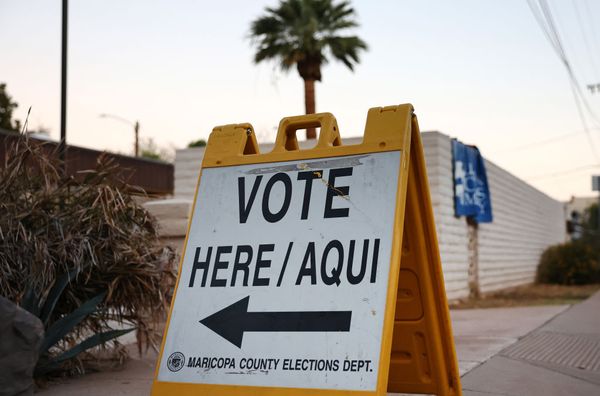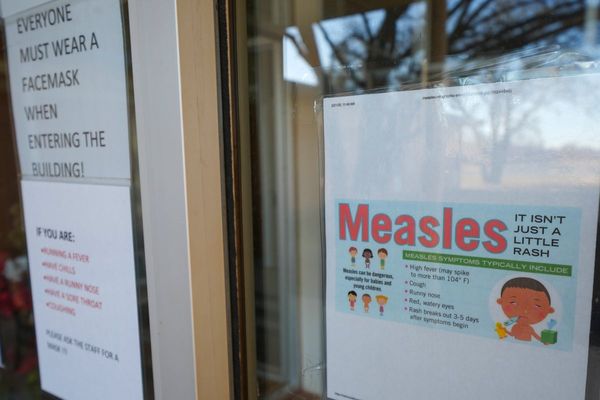Easter is approaching, and even the summer holidays aren't far away. And this summer, despite money worries for many people, is expected to be the busiest summer for foreign trips for three years, thanks to covid disrupting the summers of 2020 and 2021.
Now, though, covid restrictions, including on travel, have now been dropped in the UK, meaning foreign trips are back on the agenda. I don't know about you, but I'm definitely craving a bit of sun after a long winter.
So whether you're heading to Barcelona or Paris, Rome or Lisbon, we've got you covered with all the latest advice on going to some of Europe's biggest holiday destinations. Read on for the full list.
Read more - Mask rules: easyJet, British Airways, Ryanair's rules on face masks explained
UK travel rules (when coming into the UK)
There are no remaining restrictions when travelling to the UK. You do not need to take any tests, quarantine, or fill out a passenger locator form.
You will, however, need to wear a mask on the flight if you're travelling to Scotland. All these rules are the same regardless of your vaccination status.
Spain
Anyone travelling to Spain must fill in and sign a health control form. This is shown on arrival into Spain.
If you're travelling for tourism, you must show proof of being fully vaccinated against covid-19 or having recovered from the disease in the last six months. If you're 17 or younger, you can take a PCR test instead.
If you meet these requirements, there is no need to take any tests or quarantine on arrival.
Italy
Adults travelling to Italy need to complete a passenger locator form. Children can be added to the form of their parent or guardian.
All travellers aged six or older must show any one of the following to enter Italy:
- Proof of vaccination
- Evidence of a negative PCR test taken within 72 hours before entering Italy
- Evidence of a negative rapid lateral flow test taken within the 48 hours before entering Italy
- Covid-19 recovery certificate, certifying that you have recovered from the disease in the last six months
If you cannot show any of those, you will need to quarantine in your hotel for five days and take a test at the end of that period.
If you're using your vaccination status, your proof must show you've completed your primary vaccination course (for most people, this refers to the first two doses) in the last 270 days. If you've had a booster, there is no expiry date.
Greece
Travellers from the UK can enter Greece by showing any of the following:
These criteria apply to everyone aged five and above.
If you're using your vaccination status, your proof must show you've completed your primary vaccination course (for most people, this refers to the first two doses) in the last 270 days. If you've had a booster, there is no expiry date.
Portugal
Travellers aged 12 and over must complete a passenger locator form. Children aged 11 and under can be added to the form of their parent or guardian, and they do not need to satisfy any other rules.
Anyone aged 12 and over must also present any of the following:
If you're using a test to enter, this must be administered by a health professional: self-administered tests are not accepted.
If you're using your vaccination status, your proof must show you've completed your primary vaccination course (for most people, this refers to the first two doses) in the last 270 days. If you've had a booster, there is no expiry date.
France
You may be asked, when travelling to France, to complete a passenger locator form. Anyone younger than 12 is exempt from all covid entry restrictions.
All travellers aged 12 and over must show any one of the following to enter Italy:
- Proof of vaccination
- Evidence of a negative PCR test taken within 72 hours before entering
- Evidence of a negative rapid lateral flow test taken within the 48 hours before entering
- Covid-19 recovery certificate, certifying that you have recovered from the disease in the last six months
If you're using your vaccination status, your proof must show you've completed your primary vaccination course (for most people, this refers to the first two doses) in the last 270 days. If you've had a booster, there is no expiry date.







